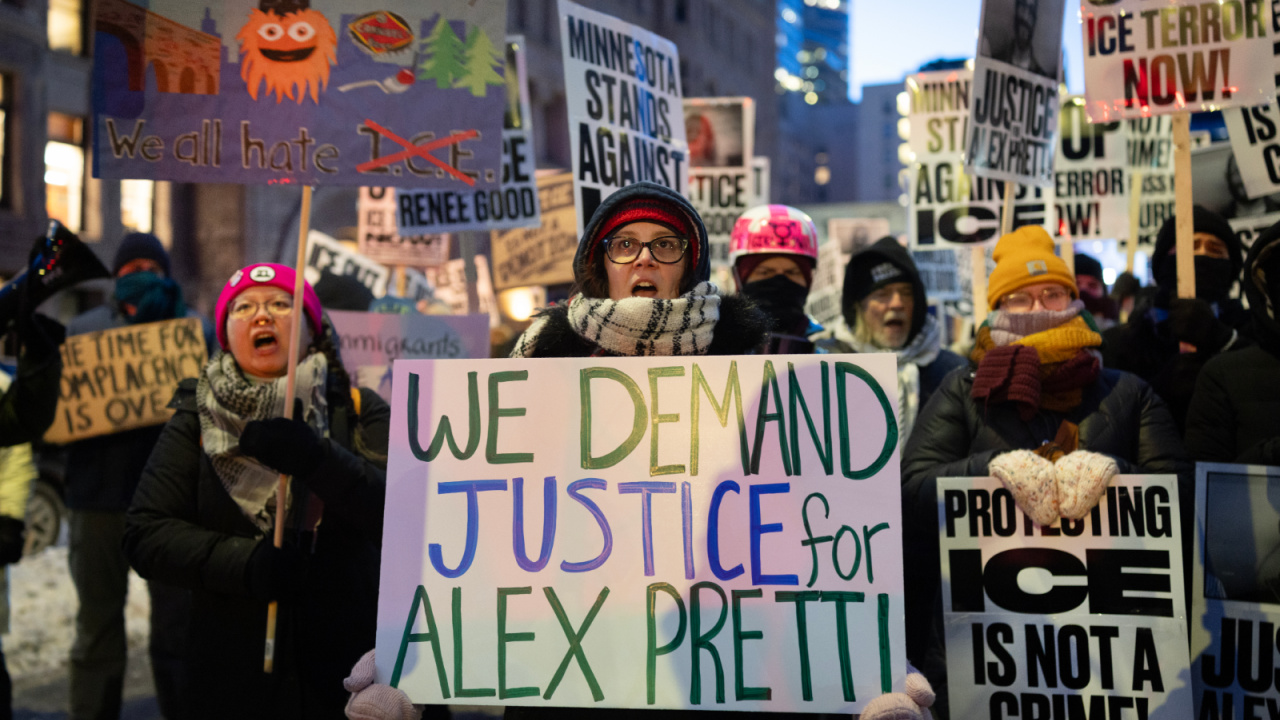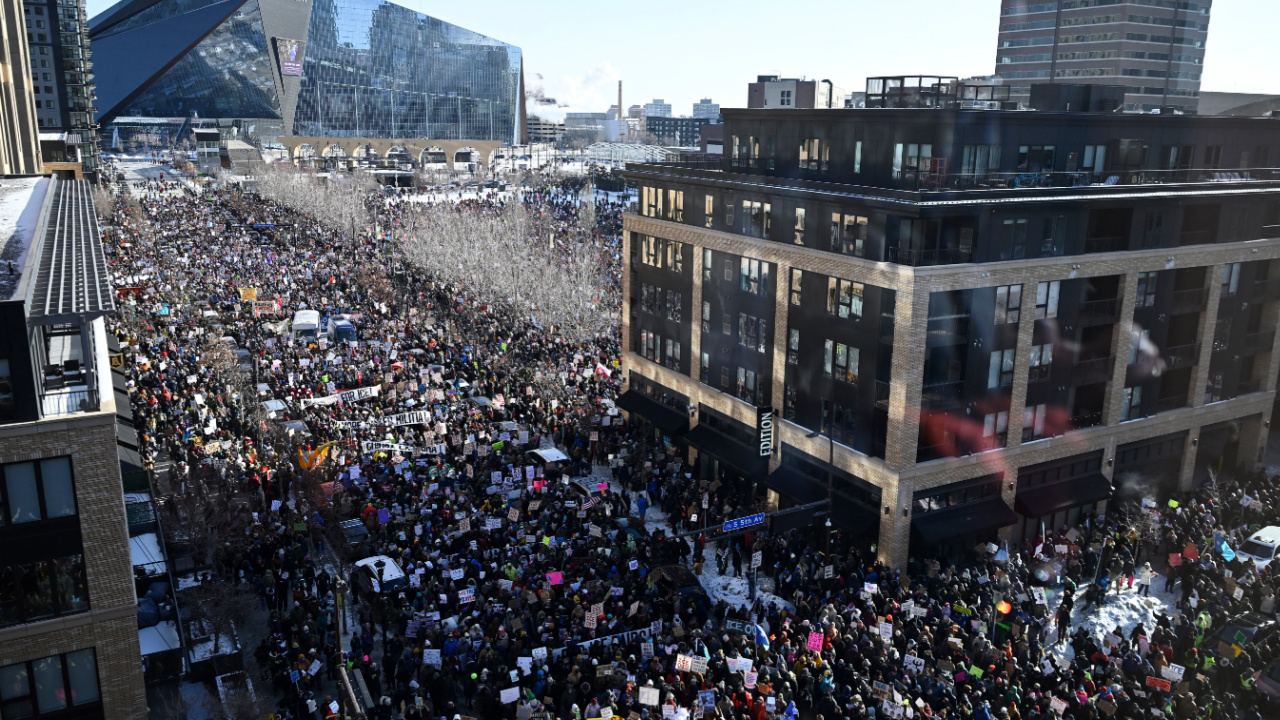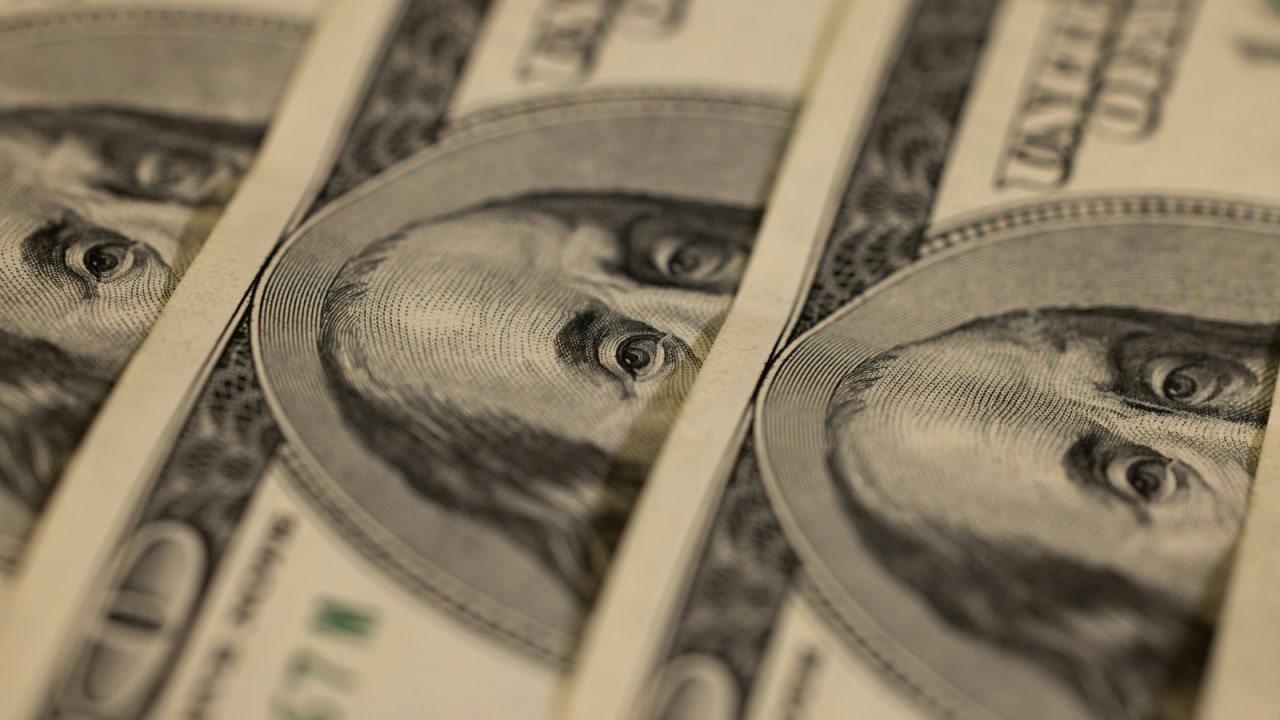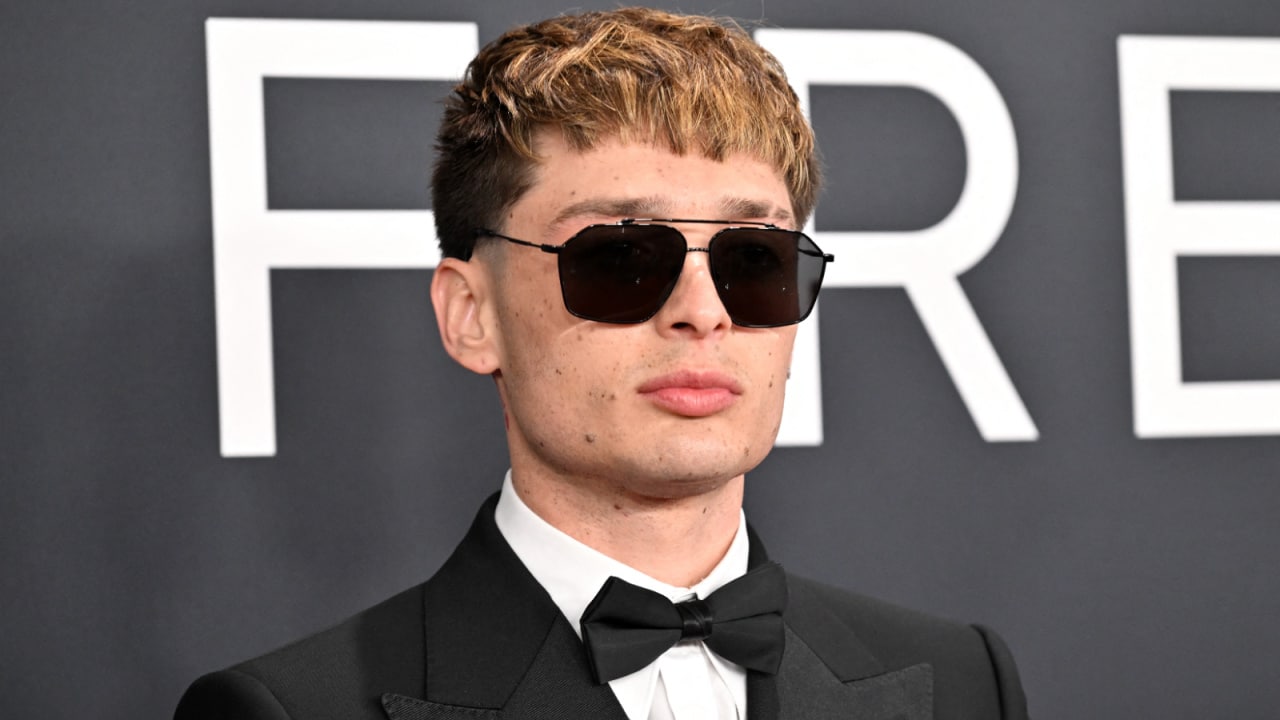
At 7-Years-Old, José Quisocala Became the Youngest Banker in the World When He Opened a Bank for Children in Peru
It’s true that children are the future. And often, adults forget we’re creating a world that future generations have to inherit.
Luckily, there are some amazing kids out there who are dedicated to changing the world and changing the future.
One of those kids is José Adolfo Quisocala Condori, the 16-year-old from Arequipa, Peru, who became the youngest banker in the world when he started a bank at just seven years old. And not just any bank. Quisocala founded the Eco Banco del Estudiante, a bank that turns trash into treasure — literally.
The premise of Eco Banco del Estudiante is this: children turn in recyclable trash they find on the streets of Peru into the bank in exchange for money, which is then uploaded into their account. Their account comes with a bank card that they can use at stores and ATMs.
To say Eco Banco del Estudiante is a trailblazing innovation is an understatement. By allowing children to be more financially independent, Quisocala’s bank reduces child poverty, child labor, and the overall school dropout rate. And, of course, it protects the environment.
According to Quisocala, he thought of the idea after witnessing adults in his life struggle with money. In a speech he gave to Fintech Americas, Quisocala explained that his desire to start Eco Banco del Estudiante was partly because he wanted to break the cycle of financial illiteracy in his home country.
“There are times when there is no money in the house or when there is so much debt that families argue and break up. And all of this is reflected in the children,” he said in Spanish. “I realized how important financial literacy is. Because everything children’s parents went through, all of the financial problems experienced, was due to not having a financial education.”
Quisocala also wanted to help the environment which he had seen being damaged by adults and previous generations. To him, helping the environment was a bonus.
“I decided to teach [kids] that everything has value, even if its garbage,” he said. “It has an economic value because it can be converted into money and, apart from that, it has value because we are helping the environment.”
When Quisocala founded his bank in 2012, he had 20 customers, most of whom (according to him) were friends and school counselors who were “obligated” to help him out. Now, Eco Banco del Estudiante has over 6,000 members, all ages 10 to 18-years-old.
In teaching children to manage money from a young age, José Quisocala hopes that children — especially those in Latin America — will break the cycle of financial illiteracy. “I want to be able to motivate more children and young people to understand that they can generate change,” he says.




